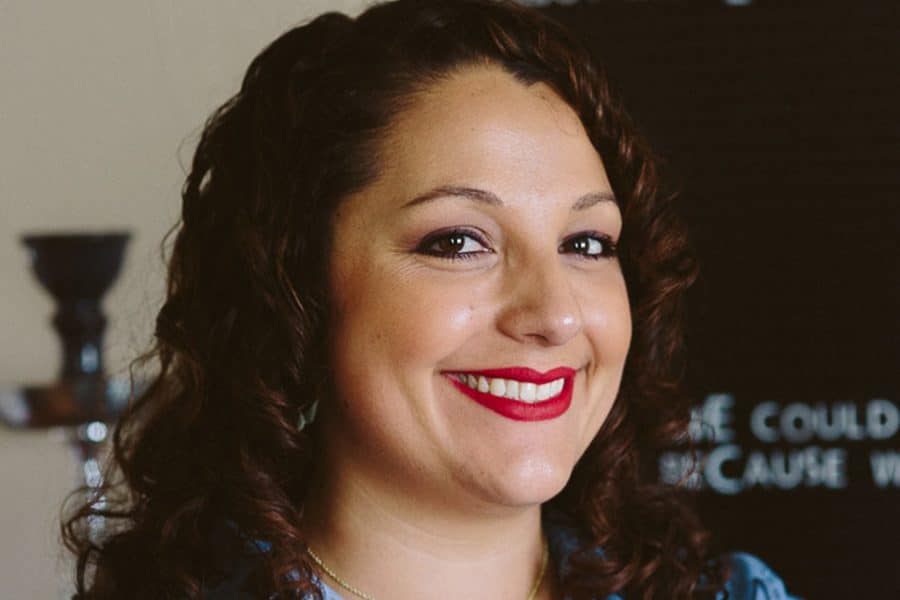By Marisa Mohi
The following is part of a series by CPN tribal member Marisa Mohi who is learning about the various ways Citizen Potawatomi can learn and connect with the Nation.
Many Tribal members know about the services the Citizen Potawatomi Nation offers. From the tag agency to health care to scholarships to housing to career services, the Tribe truly serves its members. But these services don’t simply exist as a prerogative of the Tribe. Elected Tribal members serve in the CPN government in order to ensure members have access to these services. Currently, there are two legislative seats up for election on June 27, 2020, at the Family Reunion Festival: the District 9 seat, currently held by Paul Wesselhöft, and the District 12 seat, currently held by Paul Schmidlkofer. Both seats represent districts in the state of Oklahoma and can be voted on by CPN members in the state.

In addition to the election, all Tribal members will also have the opportunity to vote on the budget that manages the Nation’s trust earnings.
For a few months now, I have been writing about building a connection with my heritage and learning what it means to be a member of the Citizen Potawatomi Nation. While I can’t say that I’ve come to any major conclusions, I have learned a lot about the history of the Tribe and the history of my not-too-distant ancestors. There is so much more to know and to experience, and it’s something that I feel called to do because now I have the freedom to do so.
We aren’t very far removed from a time when speaking Potawatomi or practicing Tribal customs wasn’t allowed. The Native American Languages Act, a law that stated Native American tribes were entitled to speak their own languages, wasn’t even passed until 1990.
As someone who has used the Tribal services in the past and plans to continue to use them in the future, I know it’s my duty participate in the decisions that shape those services.
Admittedly, I haven’t always been interested in Tribal government, and I had no idea how any of it worked. Even though CPN is very transparent and most questions I have about how something with the Tribe works are answered by perusing the website, I felt like the Tribal government was something that was above me, in more ways than one.
I struggle with feeling like my voice matters. Am I relevant member of the Tribe? Does my limited knowledge of Tribal history and how the Citizen Potawatomi Nation government works qualify me to vote? In my mind, there is a perfect Tribal member. They attend every event, and they regularly call their Tribal legislators. They can speak Potawatomi without looking at a pronunciation guide they made themselves, and they know each of the Seven Fires prophecies.
While this perfect Tribal member may or may not exist, I do know this. My disconnection with the past is a function of many things but mostly a function of time. Traditions, culture, customs — we typically use those words when we discuss the past. But the Citizen Potawatomi Nation isn’t a thing of the past. It’s thriving and something I am connected to today.
The Tribe itself doesn’t look the way it did 100 years ago, so it doesn’t make sense for anyone to judge their connection to the Tribe by past standards. And though I haven’t voted in the past, it’s something I will be doing this year. It’s one small way I can participate actively as a member of the Tribe. So, while I can’t go back in time and experience what the Citizen Potawatomi Nation was like in the past, I can actively shape the future.
Marisa Mohi is a member of the Nadeau family and is a writer and writing instructor at the University of Oklahoma. You can follow her on Facebook or Twitter @themarisamohi. Her writing can be found at marisamohi.com.
